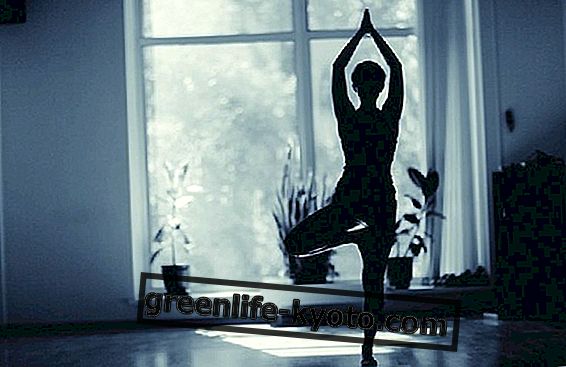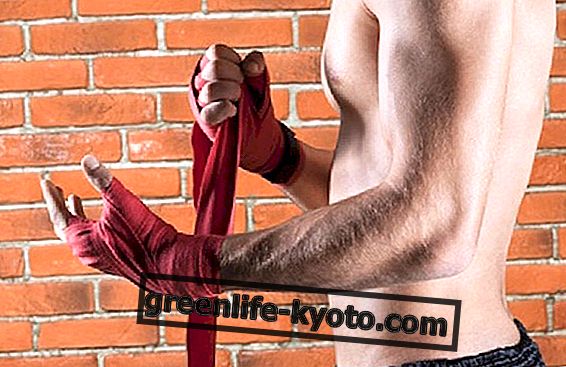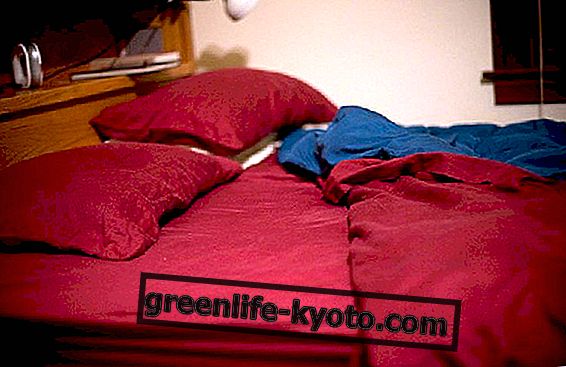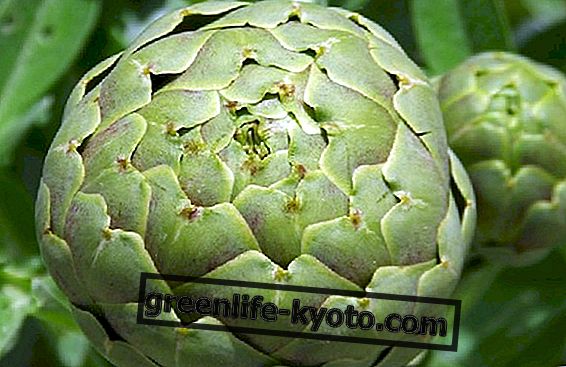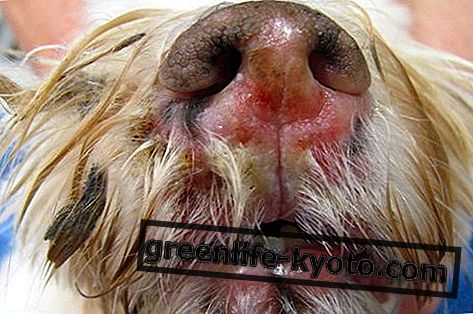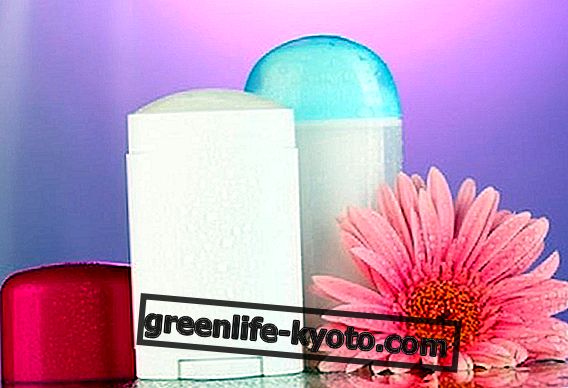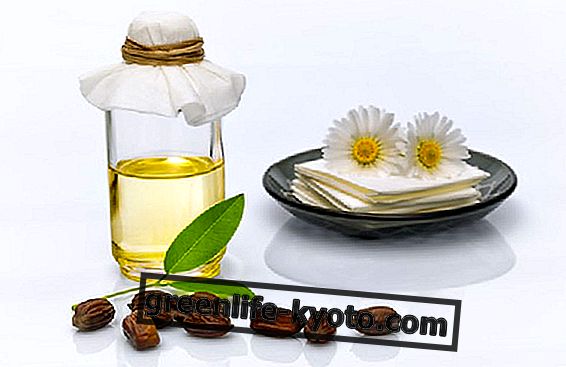
The sale of essential oils is carried out in herbal medicine, in pharmacies with a herbal department and, sometimes, also in parapharmacies. Essential oils are the remedies used by aromatherapy, a holistic natural cure, which intervenes on physical, mental and spiritual processes, rebalancing the state of general health, providing well-being or preventing disease. Plant aromas, in fact, can be considered the soul of plants, since they are the result of the extraction of their volatile substances .
Their action is never just something limited and highly specific to an organ or an apparatus, but they perform a general action on the organism. In fact, through the perception of odors, aromatherapy involves the sphere of emotion, memory, sensitivity and all related cognitive areas ; in addition to the endocrine system and the immune system .
Essential oils are very concentrated substances and therefore with a powerful therapeutic activity, often accompanied by contraindications and side effects, because they can induce allergic reactions, organ damage, hallucinations, convulsions, skin irritations, redness, itching, even to the state of shock . For this reason it is extremely important, that whoever is responsible for their sale is a trained person who has studied their effects in depth and who knows how to best advise the person who wants to use them.
The figure of the aromatherapist from the origins to the present
Aromatherapy is a branch of classical herbal medicine, which falls within the sphere of herbal and naturopathic studies in that essential oils are extracted from herbs and medicinal plants, the so-called "aromatic" ones, obtained mainly by steam distillation, from the parts in which the essence resides (flowers, resin, bark, roots, peel, leaves and fruits).
In ancient times the use of essences was the prerogative of specialized priestly classes : expert connoisseurs of the effects, who used them in religious ceremonies and as first therapeutic remedies . There is evidence of their use in India, China, the Middle East and Europe.
The Egyptians went down in history for their ability to manipulate essential oils for the preparation of perfumes, cosmetics and medicines, but above all for the complicated ritual of mummification, aimed at blocking the process of putrefaction, to preserve the bodies of the pharaohs over time .
The Greeks and Romans enthusiastically inherited the use of essences from the Egyptians, perfuming food and drink as well as their bodies . However the first to extract the most volatile and thin parts, were the Arabs with the invention of the still, which allowed to separate the essential oil from the steam and therefore to obtain its aroma of the plant in the purest form .
In the Middle Ages, the apothecaries represented the corporation in charge of selling spices and medicinal herbs and distinguished themselves in the preparation of perfumes and essences, and medicines. And already in this period the corporation had the task of checking that the activity was carried out by actually prepared and competent apothecaries .
During the nineteenth century, chemists undertook the production of artificial essential oils for the formulation of perfumes, while the therapeutic results achieved by the new synthetic molecules dissipated the interest in natural remedies until the 20th century, a period in which interest was renewed for nature and its intrinsic potential. Among alternative therapies, aromatherapy is one of the best known and growing in the world. Its therapeutic value is increasingly appreciated and confirmed by the scientific studies of researchers and doctors.
The sale of essential oils in Italy
In Italy the sale of essential oils is entrusted to the herbalist or naturopath, if he works in an herbalist's shop. Unfortunately these professional figures have not yet been officially regulated, even though they are the only ones that study essential oils and their applications at the academic level. The EU institutions and the Italian government, in fact, have not yet defined a regulatory framework that confers legal recognition on bio-natural disciplines. In particular, in Italy we are still at the level of a draft law: it is May 3, 2010, the last bill (n.2152) concerning the regulation of the figure of naturopath.
For this reason, even if theoretically to be a herbalist one must have attended a university course, at the counter one can "run into" even a fool, who may have followed only a short hobby course. However, in Italy there is a regulation of natural products, which limits the products sold in herbal medicine to those with little or no toxicity, but this does not mean that the improper use of essential oils cannot cause damage. So ask your herbalist for his qualification and always check that the word "100% pure" and / or "food supplement" is on the essential oil packaging before taking it for internal use.


